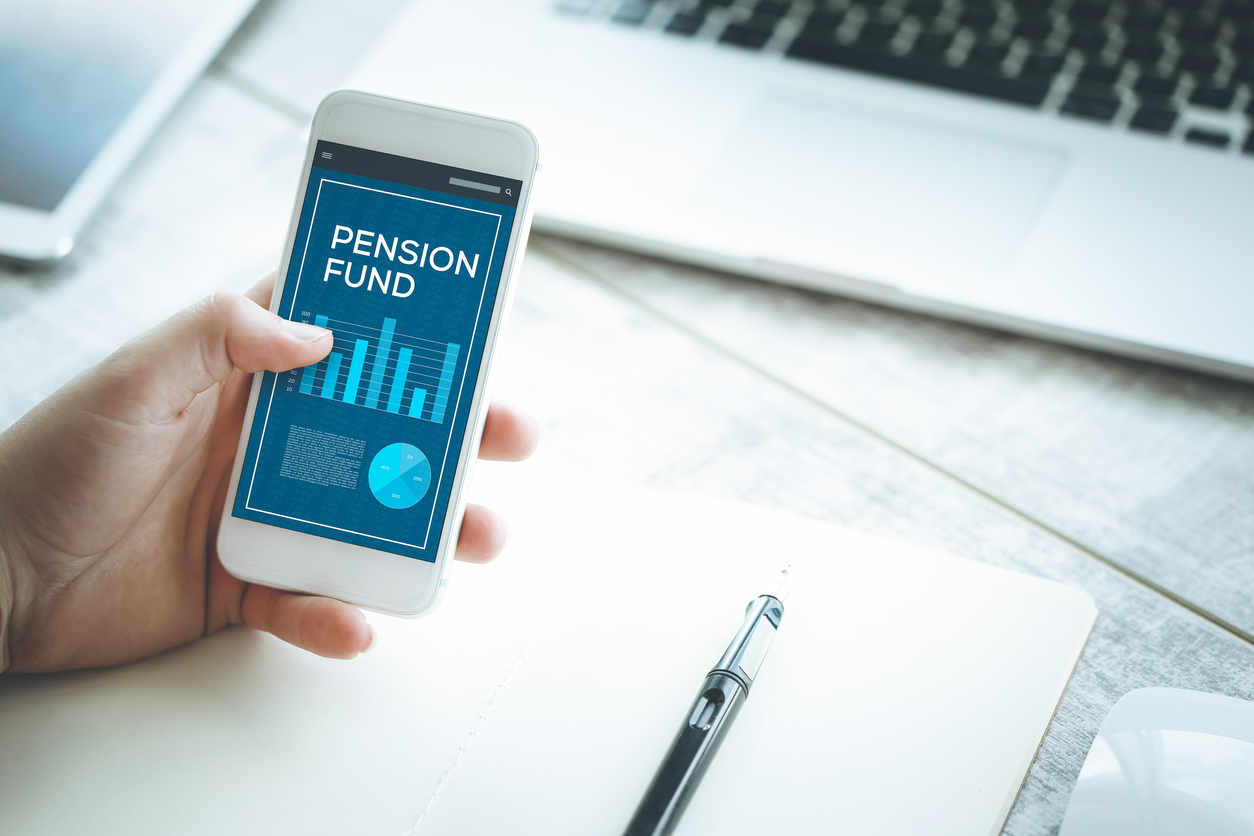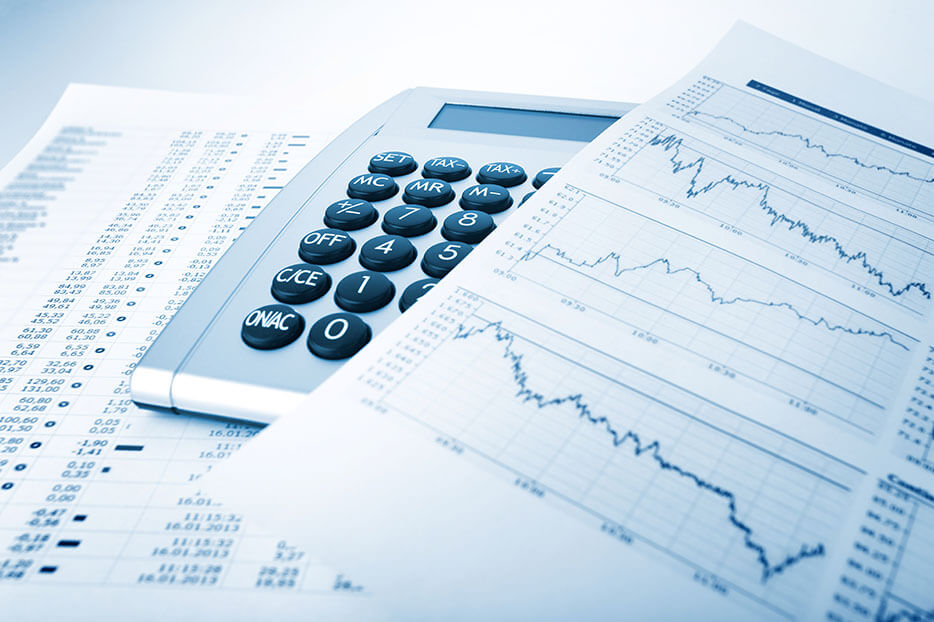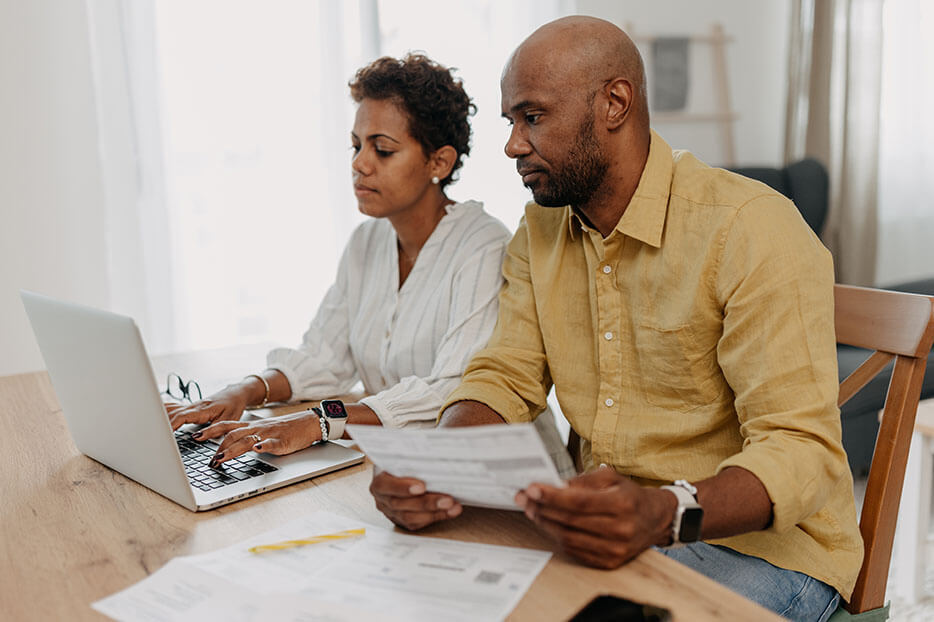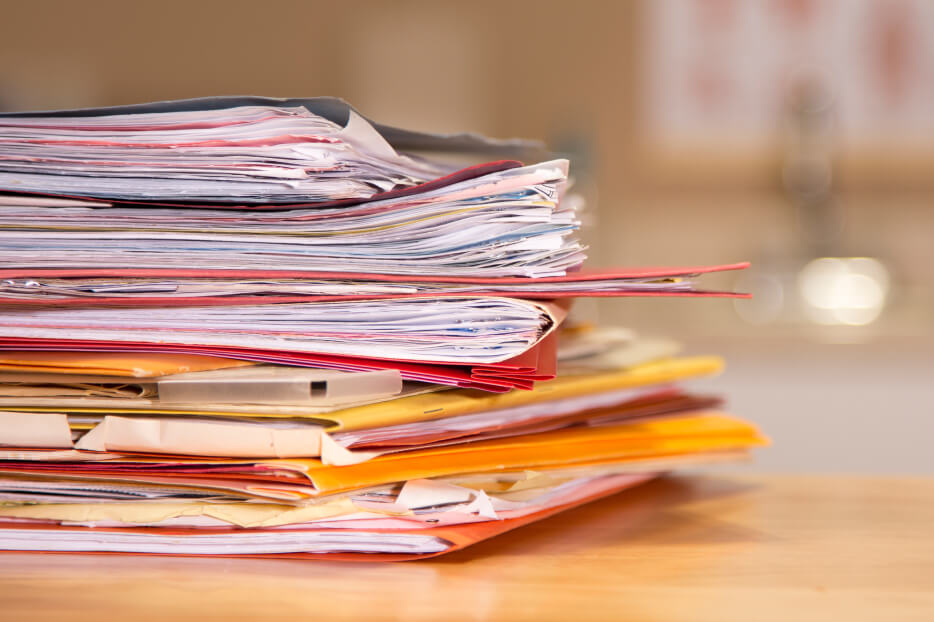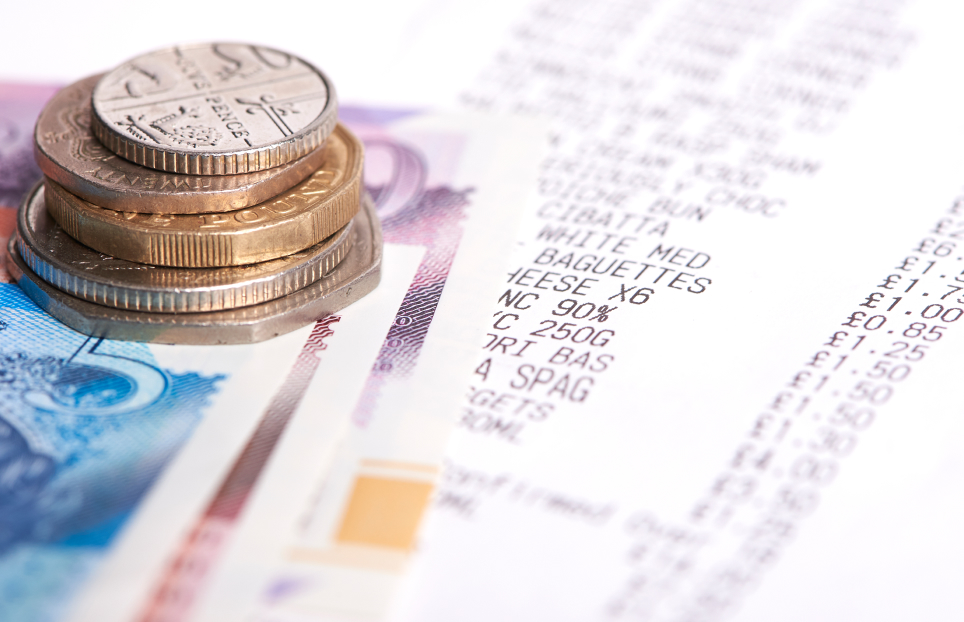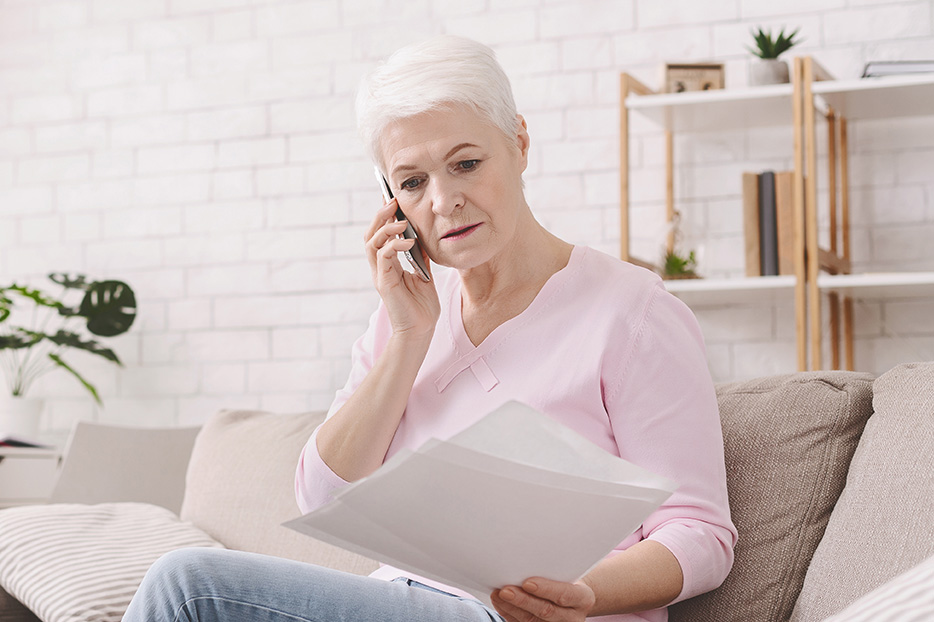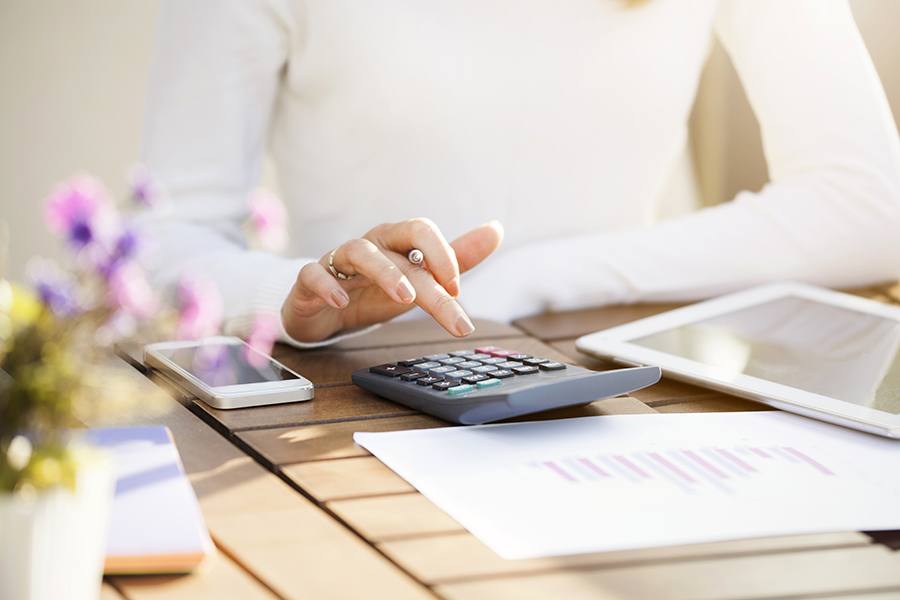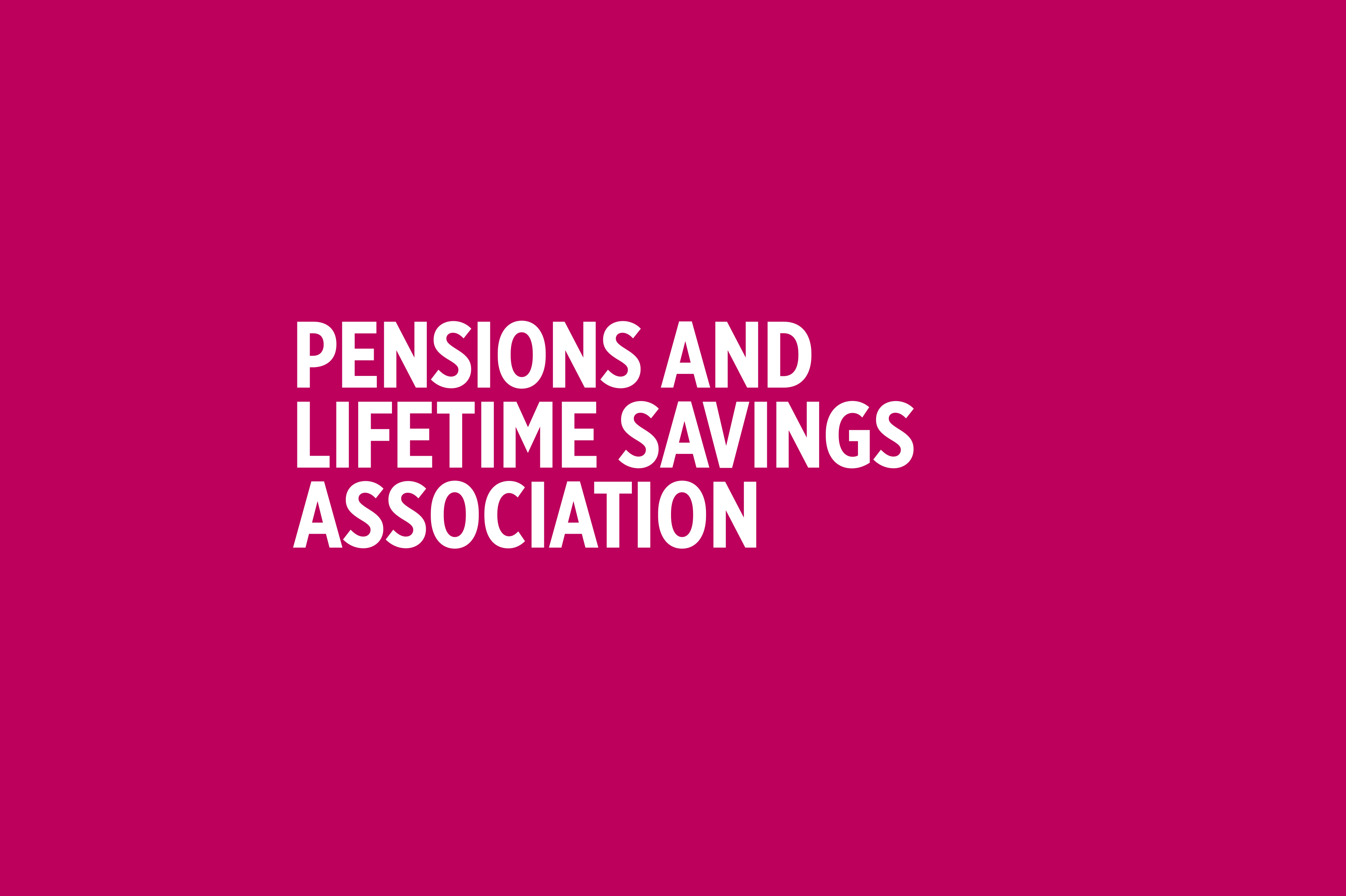< Back to news
Coronavirus – what does it mean for my pension savings?
As well as the potential health and social impact of the Coronavirus, many of you will have seen the daily news updates on how stock markets are reacting. In recent weeks we have seen hugely increased volatility, including some sharp falls in global equity markets.
Why are markets so volatile?
The investment markets don’t like uncertainty. Coronavirus has created a significant amount of uncertainty and could have a very large financial impact. For example, reduced demand for products and services, such as travel and hospitality, has already significantly impacted companies and productivity will be affected if large numbers of workers cannot do their jobs.
Markets were also affected during past virus outbreaks (i.e., SARS) but following a period of uncertainty, markets recovered. This is the most likely outcome for Coronavirus, but we don’t know how long this uncertainty will last or how long a recovery might take.
How is my pension affected?
As a member of the Scheme, you are likely to find that the value of your pension savings has fallen recently. Longer-term ‘growth’ assets, like equities (stocks and shares) and diversified growth funds are likely to have suffered significant falls. Other types of investment options, such as bonds or cash, are unlikely to have been impacted negatively to the same extent.
Seeing the value of your pension savings fall can be uncomfortable – particularly if you’re close to retirement, but there are a number of factors to bear in mind.
- Your pension savings should be viewed as a medium to long-term investment. Equity markets have had significant falls in the past, for example following the 2008 financial crisis – but recovered afterwards.
- Don’t panic – while it’s sensible to be aware of how your pension savings are invested, short-term decisions could make things worse over the longer-term by locking in losses.
- If you’re invested in the Scheme’s default investment option, you will be invested in a Lifestyle strategy that aims to reduce the volatility of your savings as you get within 20 years of retiring. These strategies tend to invest more in bonds and cash or in a more diverse mix of investments and the move away from equities into these less volatile funds happens automatically so, if you are within 20 years of retirement, e.g., 45 years old or above you may be less impacted.
- If you and/or the Company are contributing into your pension, where funds have fallen in value, you will be continuing to invest in funds at lower prices. This means that your contributions buy more ‘units’ than before (sometimes referred to as ‘pound cost averaging’).
- If you and/or the Company are contributing into your pension, where funds have fallen in value, you will be continuing to invest in funds at lower prices. This means that your contributions buy more ‘units’ than before (sometimes referred to as ‘pound cost averaging’).
- 5. We expect Aviva to continue to be able to offer a full service to our members, but if there are staff shortages then some requests may take longer to respond to than usual. Don’t forget you can access your own personal record to see the value of your investments or get pension estimates at Aviva.
What if I’m close to retirement?
How you’re impacted is likely to be influenced by how you’re aiming to draw your pension savings – whether you’re:
- Aiming to draw it as a cash lump sum in the short-term.
- Looking to leave your savings invested and draw an income over time.
- Intending to buy an annuity to provide a guaranteed income.
- Taking your savings through a mix of the above.
Unless you’ve made your own investment choice, your pension savings will be invested in the Scheme’s default lifestyle strategy which aims towards a cash lump sum outcome. Lifestyle strategies do vary depending on their objective but can provide some level protection in the period before retirement.
What do I need to do?
You do not need to take any action. This update is for information only. However, it is a good idea to regularly review your pension savings and to understand the options that are available to you.
It is always important to make sure that your savings are invested in a way that reflects how you intend to take your benefits (particularly if you’re intending to retire within the next ten years).
Also, think carefully about the right time to make any changes, taking financial advice if appropriate. Sadly, people will use opportunities like this to try and defraud people out of their hard-earned pension savings. You can find more information on the FCA website.
Where can I find out more information?
You can view your pension savings and see more information on the investment funds available in your personal account with Aviva. You will need your Aviva policy number to access your personal account, you can find this on any recent communication from Aviva.
If you haven’t registered to access your account with Aviva or are having trouble logging in please email babcock@aviva.com.
Where can I find a financial adviser?
The Trustee cannot give you financial advice. If you feel that you need further guidance on investing your funds, we strongly recommend that you speak to an impartial financial adviser. To find an impartial financial adviser, visit the Money and Advice Service.
Scheme activity in 2024
Here's a reminder of what you have received from the Trustee throughout 2024...
December 2024
Read article
Financial summary
Each year, the Trustee produces its Report and Accounts. This shows the financial...
December 2024
Read article
Investment overview
The table below shows the performance of the investment funds available in...
December 2024
Read article
Member Nominated Director (MND) update
The Trustee reviewed its three MND's terms of appointment as part of its continual...
December 2024
Read article
Pension scams are still rising
With modern technology, scammers can produce professional-looking materials...
December 2024
Read article
Pensions Dashboards update
Pensions Dashboards are set to transform how you access information about your...
December 2024
Read article
Bulk transfer update
On 1 October 2024, Babcock International Group plc (the Company) launched a new employee...
December 2024
Read article
Important update on your DC savings for the BRSS
This affects the Defined Contribution (DC) savings of all active and deferred members...
November 2024
Read article
An update on the Lifetime Allowance
Since 2006, pension savings have been subject to a Lifetime Allowance (LTA)...
April 2024
Read article
Scheme activity in 2023
Here's a reminder of how the Trustee has kept in touch with you throughout 2023...
December 2023
Read article
Financial summary of the Scheme
Each year, the Trustee produces its Report and Accounts. This shows the financial development of the Scheme over the year...
December 2023
Read article
Investment overview
The table below shows the performance of the investment funds available in the 12 months to 30 September 2023, compared...
December 2023
Read article
How much money will you need in retirement?
We've previously reported on the Retirement Living Standards...
December 2023
Read article
Help look after the ones you leave behind
You can tell the Trustee your wishes by...
December 2023
Read article
State Pension increases
In April 2023, the State Pension increased by 10.1%...
December 2023
Read article
Beware of pension scams
Sadly, we continue to remind members to be aware of the danger of pension scams....
December 2023
Read article
Spotlight on a Trustee
We spoke to Karena Caskie, a Member-Nominated Trustee, about his experience of sitting on the Trustee Board...
December 2023
Read article
Retirement Living Standards and Pension Credit
Many people don't save enough for retirement because they don't know how much money...
August 2023
Read article
Keep your savings safe from scammers
Over the years, scams including pension scam activity continue to rise with scammers looking to...
July 2023
Read article
Your pension tax limits have changed
The AA is the maximum amount that you can save into all your pension arrangements...
June 2023
Read article
Member Nominated Director - Terms of appointment postponement
At the end of 2022, the Trustee reviewed its Member Nominated Directors (MNDs) terms of...
April 2023
Read article
Scheme activity in 2022
Here's a reminder of how the Trustee has kept in touch with you throughout 2022...
December 2022
Read article
Financial summary of the Scheme
Each year, the Trustee produces its Report and Accounts. This shows the financial development of the Scheme over the year...
December 2022
Read article
Investment overview
The table below shows the performance of the investment funds available in the 12 months to 30 September 2022, compared...
December 2022
Read article
Dealing with the rising cost of living
It has been a busy period for the Scheme since the last winter newsletter and, particularly in recent months...
December 2022
Read article
Financial guidance is at hand
If you're struggling to get on top of debt, want to feel like you're in control...
December 2022
Read article
Who should we look after if you die?
Your Scheme membership provides valuable benefits for your loved ones, so...
December 2022
Read article
Are your TRA and investment choices still right for you?
Alongside the contributions that you and the Company make into your Personal Account, if you are an active member...
December 2022
Read article
Boost your benefits
If you are an active member in the BRSS, making additional contributions to your Personal Account in the BRSS now could mean ...
9 November 2022
Read article
Statement regarding market volatility
You will have probably seen in the press many articles regarding the pensions industry and the impact of current market volatility...
20 October 2022
Read article
Common myths and FAQs
A recent study published on the Pension Bee website...
29 September 2022
Read article
Normal Minimum Pension Age to increase
The government will be increasing the Normal Minimum Pension Age...
5 September 2022
Read article
New climate-focused investment fund has launched
The Trustee is pleased to announce that the fund is now available for all members to choose to invest in...
12 January 2022
Read article
Scheme activity in 2021
While the challenges of living with COVID-19 are...
6 December 2021
Read article
Financial Summary 2021
Each year, the Trustee produces its Report and Accounts...
6 December 2021
Read article
Investment overview 2021
The table below shows the investment performance of the individual funds available to members...
6 December 2021
Read article
New climate-focused investment fund
The Trustee is pleased to announce that it has committed to introducing a new...
6 December 2021
Read article
Tax allowances – 2021/22
The Government limits how much money you can save ...
6 December 2021
Read article
Looking after your loved ones
Did you know that your loved ones could be entitled...
6 December 2021
Read article
Pension scams – stay alert
Scammers are continuing to target pension pots of all sizes...
6 December 2021
Read article
How much money will you need when you retire?
More of us than ever are saving in a workplace ...
6 December 2021
Read article
New website for your BRSS pension: MyWorkplace
Aviva provides the administration services to the Trustee...
30 September 2021
Read article
Setting your retirement goals
Every year, Aviva sends you a benefit statement...
1 June 2021
Read article
Staying pension healthy
Unfortunately, scammers target pension pots of all sizes...
1 June 2021
Read article
A look back at 2020
For many of us, 2020 has been a difficult year...
10 December 2020
Read article
Update from the administrator
The Trustee contacted all members in April 2020 to explain how the Scheme's administration team...
10 December 2020
Read article
Financial summary of the Scheme
Each year, the Trustee produces its Report and Accounts...
10 December 2020
Read article
Investment overview
The table below shows the investment performance of the individual funds available to members...
10 December 2020
Read article
Spotlight on a Trustee
We spoke to Richard Bowen, a Member-Nominated Trustee, about his experience of sitting on the Trustee Board...
10 December 2020
Read article
Look after your loved ones
Did you know that your loved ones could be entitled to...
10 December 2020
Read article
Too good to be true?
It's now illegal for companies to make unexpected or unsolicited contact with you about...
10 December 2020
Read article
Spotlight on tax
The Government sets limits on the amount of money you can save...
10 December 2020
Read article
Investment overview
The Trustee works closely with investment managers who manage the day-to-day investments...
19 December 2019
Read article
Financial summary of the Scheme
Each year, the Trustee produces its Report and Accounts...
19 December 2019
Read article
Planning for your retirement
Whether you are considering early retirement, or plan to continue working...
19 December 2019
Read article
Further information
This report summarises the Scheme developments...
19 December 2019
Read article
